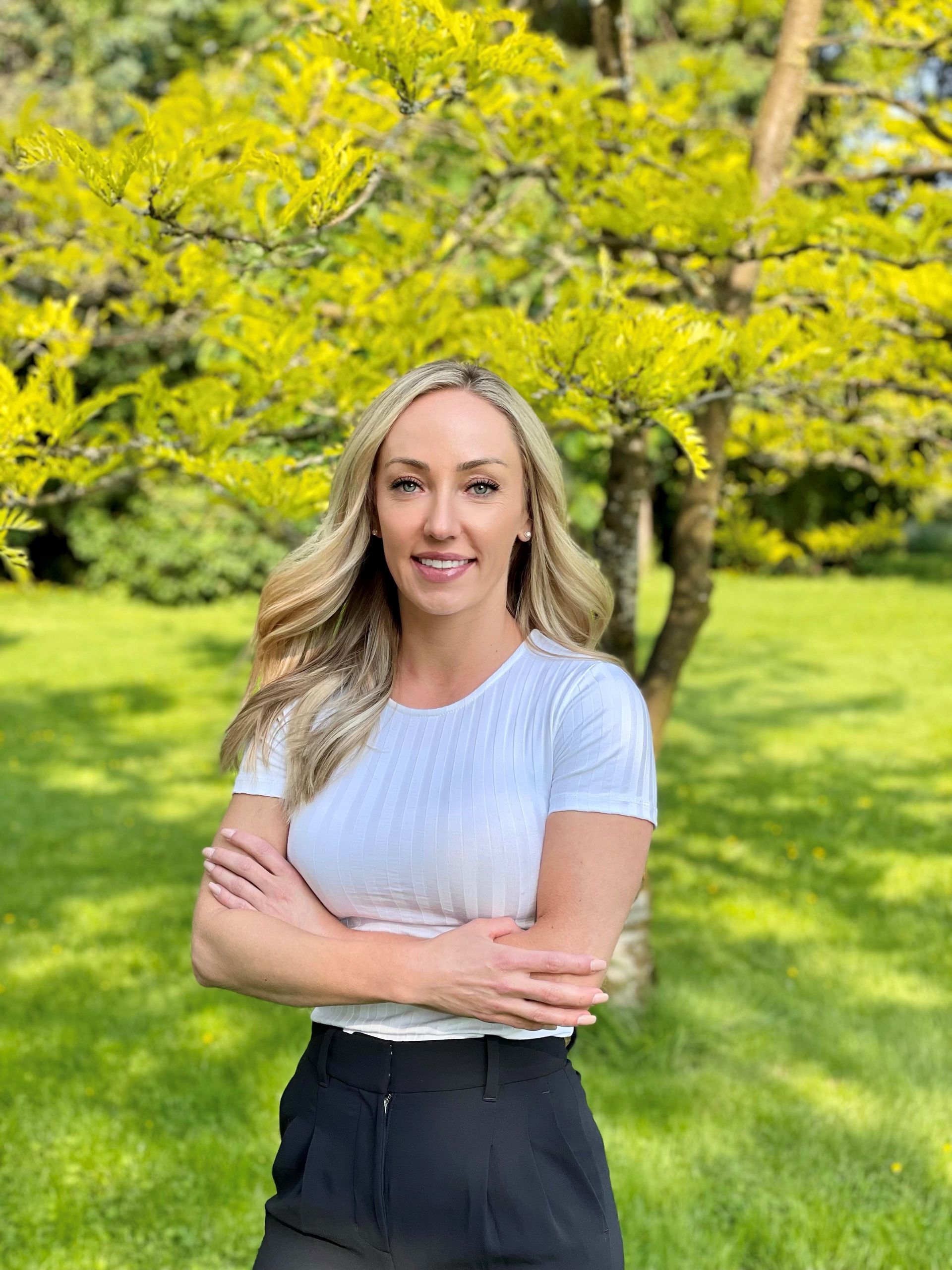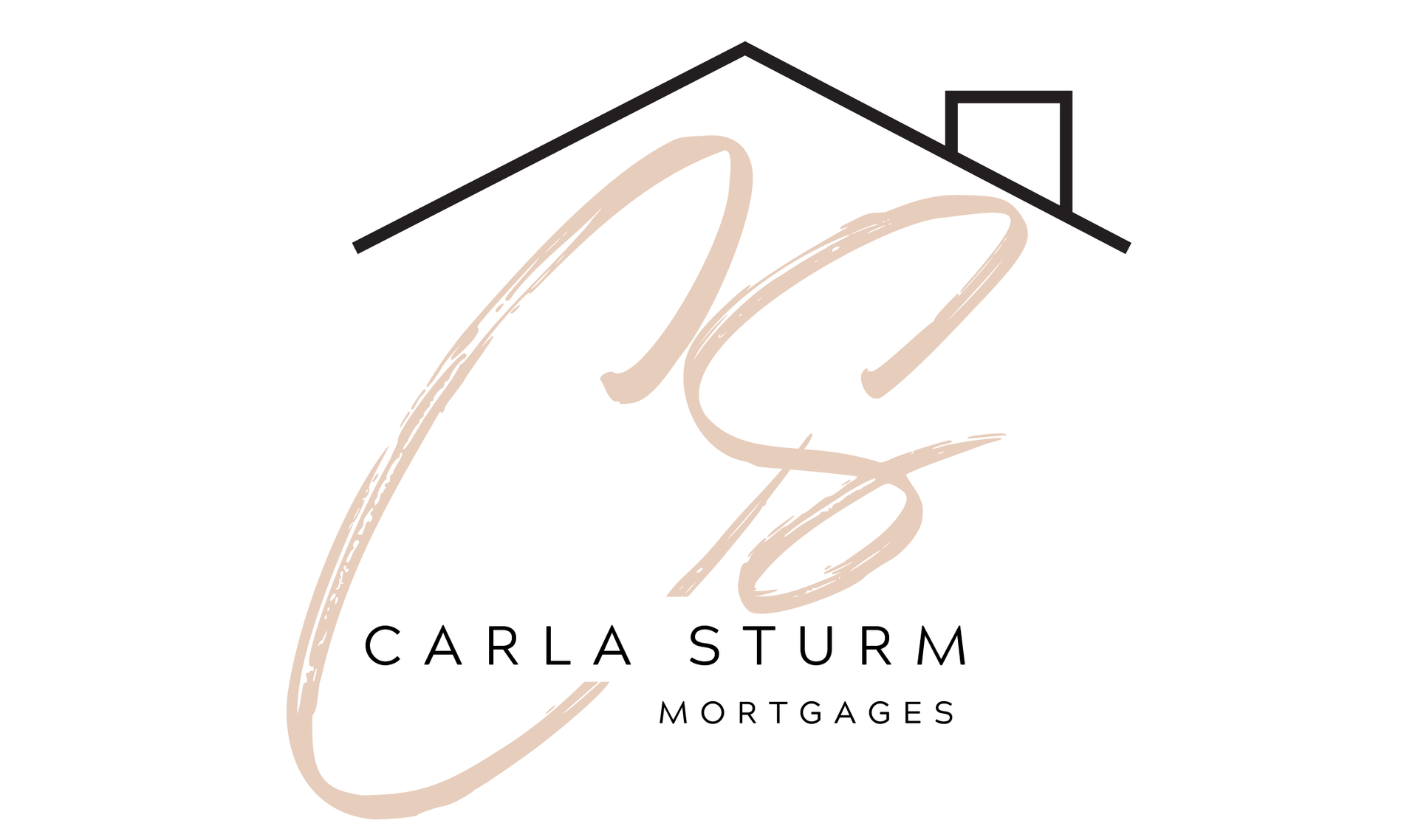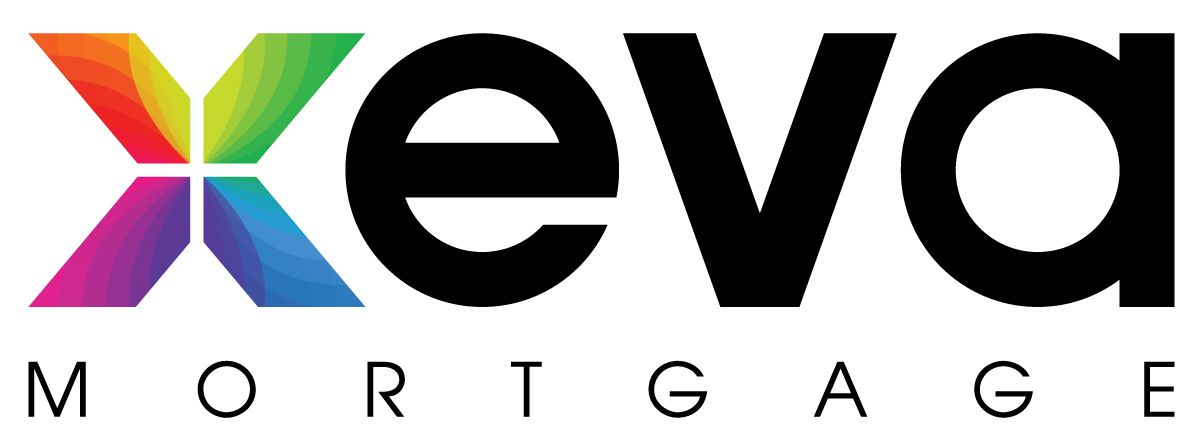Porting Your Mortgage
Porting your mortgage is when you transfer the remainder of your current mortgage term, outstanding principal balance, and interest rate to a new property if you’re selling your existing home and buying a new one.
Now, despite what some big banks would lead you to believe, porting your mortgage is not an easy process. It’s not a magic process that guarantees you will qualify to purchase a new property using the mortgage you had on a previous property.
In addition to re-qualifying for the mortgage you already have, the lender will also assess the property you’re looking to purchase. Many moving parts come into play. You’re more likely to have significant setbacks throughout the process than you are to execute a flawless port. Here are some of the reasons:
You may not qualify for the mortgage
Let’s say you’re moving to a new city to take a new job. If you’re relying on porting your mortgage to buy a new property, you’ll have to substantiate your new income. If you’re on probation or changed professions, there’s a chance the lender will decline your application. Porting a mortgage is a lot like qualifying for a new mortgage, just with more conditions.
The property you are buying has to be approved
So let’s say that your income isn’t an issue and that you qualify for the mortgage. The subject property you want to purchase has to be approved as well. Just because the lender accepted your last property as collateral for the mortgage doesn’t mean the lender will accept the new property. The lender will require an appraisal and scrutinize the condition of the property you’re looking to buy.
Property values are rarely the same
Chances are, if you’re selling a property and buying a new one, there’ll be some price difference. When looking to port a mortgage, if the new property’s value is higher than your previous property, requiring a higher mortgage amount, you’ll most likely have to take a blended rate on the new money, which could increase your payment. If the property value is considerably less, you might incur a penalty to reduce the total mortgage amount.
You still need a downpayment
Porting a mortgage isn’t just a simple case of swapping one property for another while keeping the same mortgage. You’re still required to come up with a downpayment on the new property.
You’ll most likely have to pay a penalty
Most lenders will charge the total discharge penalty when you sell your property and take it from the sale proceeds. The penalty is then refunded when you execute the port and purchase the new property. So if you are relying on the proceeds of sale to come up with your downpayment, you might have to make other arrangements.
Timelines rarely work out
When assessing the housing market, It’s usually a buyer’s market or a seller’s market, not both at the same time. So although you may be able to sell your property overnight, you might not be able to find a suitable property to buy. Alternatively, you may be able to find many suitable properties to purchase while your house sits on the market with no showings.
And, chances are, when you end up selling your property and find a new property to buy, the closing dates rarely match up perfectly.
Different lenders have different port periods
Understanding that different lenders have different port periods is where the fine print in the mortgage documents comes into play. Did you know that depending on the lender, the time you have to port your mortgage can range from one day to six months? So if it’s one day, your lawyer will have to close both the sale of your property and the purchase of your new property on the same day, or the port won’t work.
Or, with a more extended port period, you run the risk of selling your house with the intention of porting the mortgage, only to not be able to find a suitable property to buy.
So while the idea of porting your mortgage can seem like a good idea, and it might even make sense if you have a low rate that you want to carry over to a property of similar value, it’s always a good idea to get professional mortgage advice and look at all your options.
While porting your mortgage is a nice feature to have because it provides you with options, please understand that it is not a guarantee that you’ll be able to swap out properties and keep making the same payments. There’s a lot to know.
If you’re looking to sell your existing property and buy a new one, please connect anytime. It would be a pleasure to walk you through the process and help you consider all your options, including a port if that makes the most sense!






